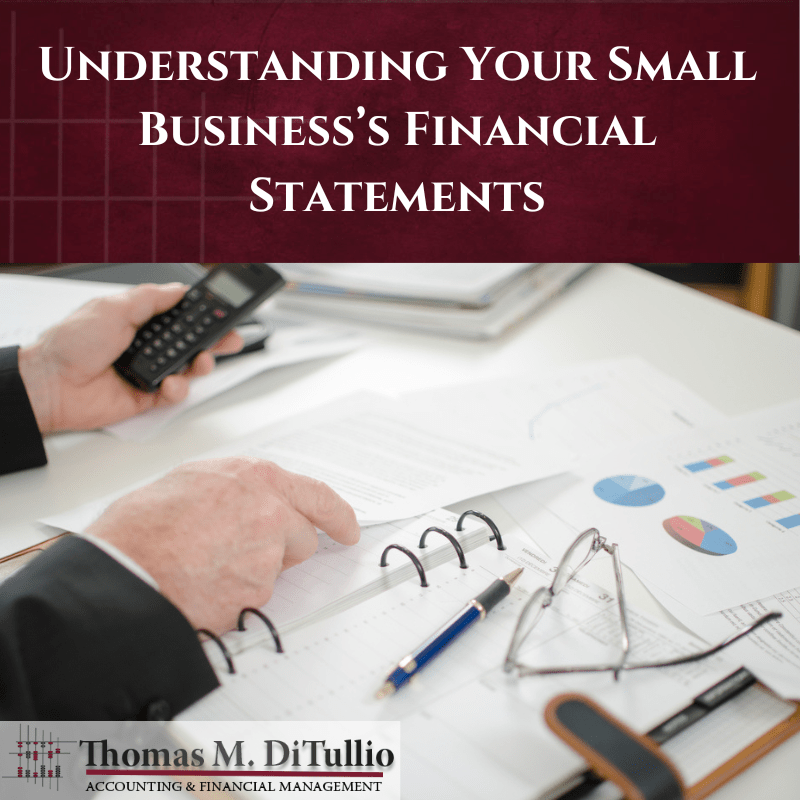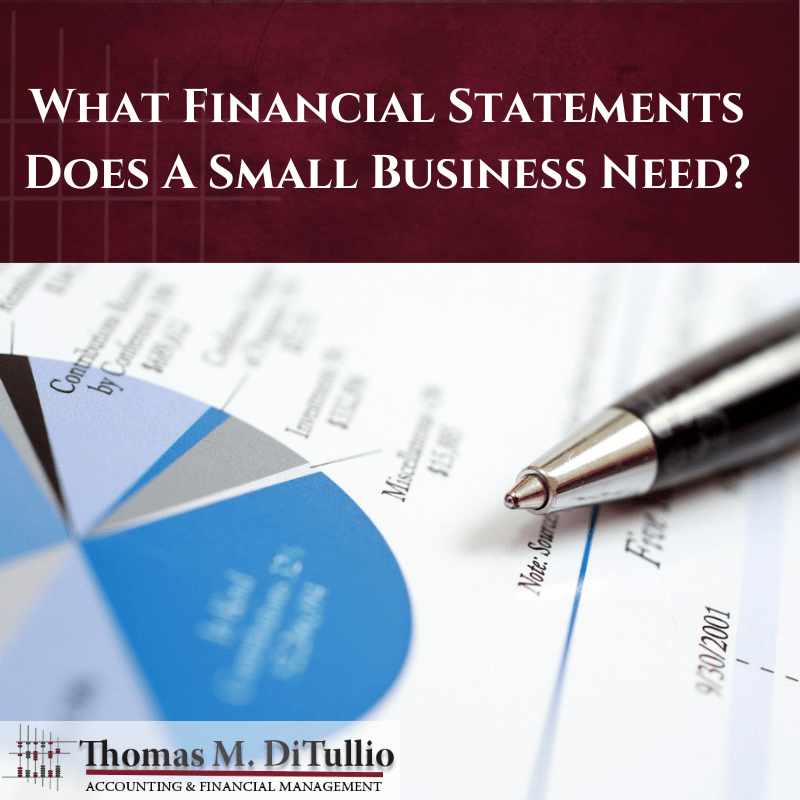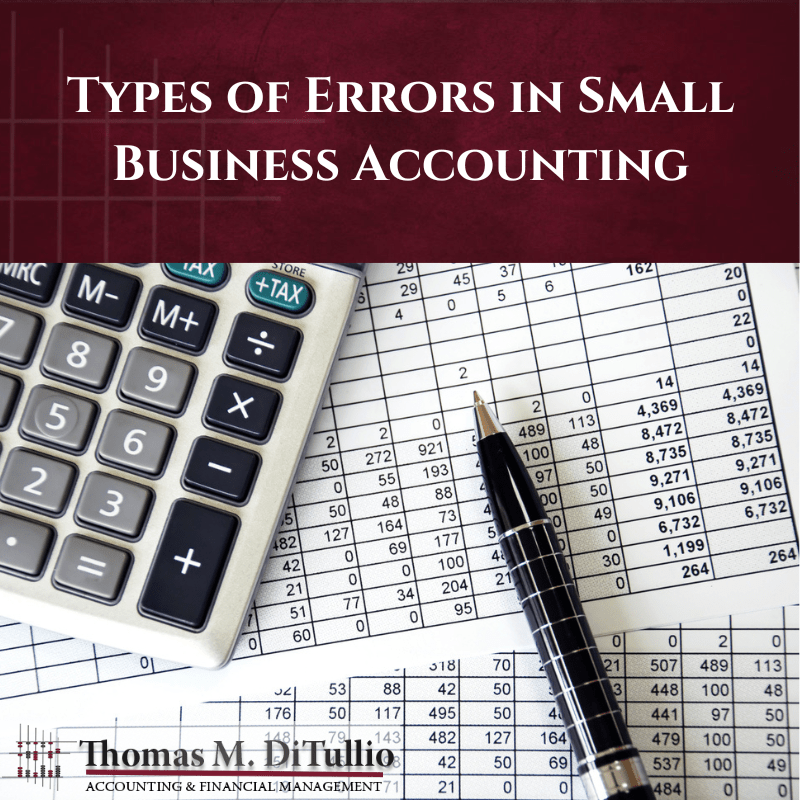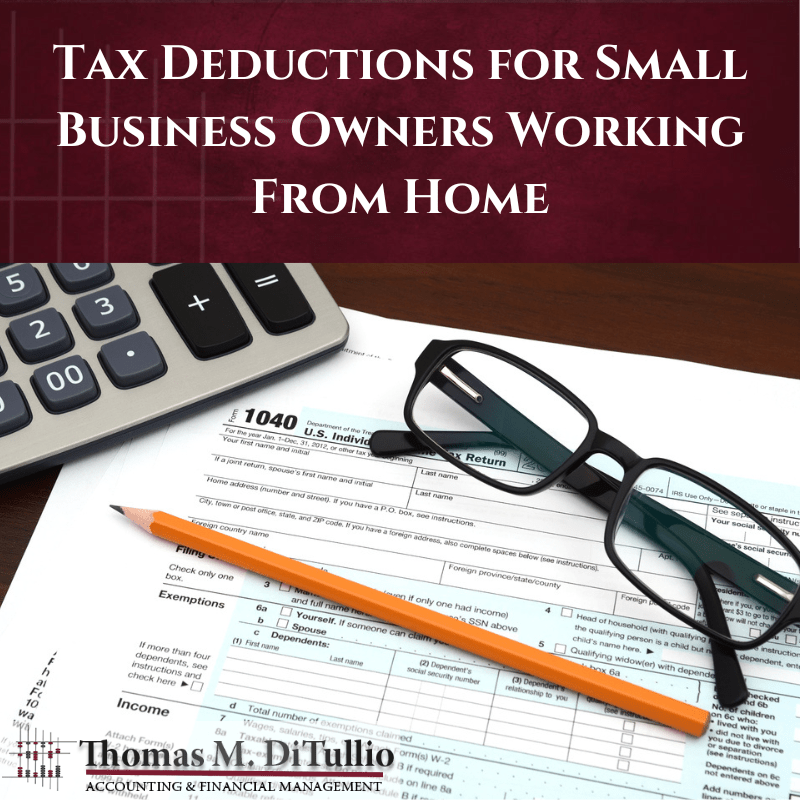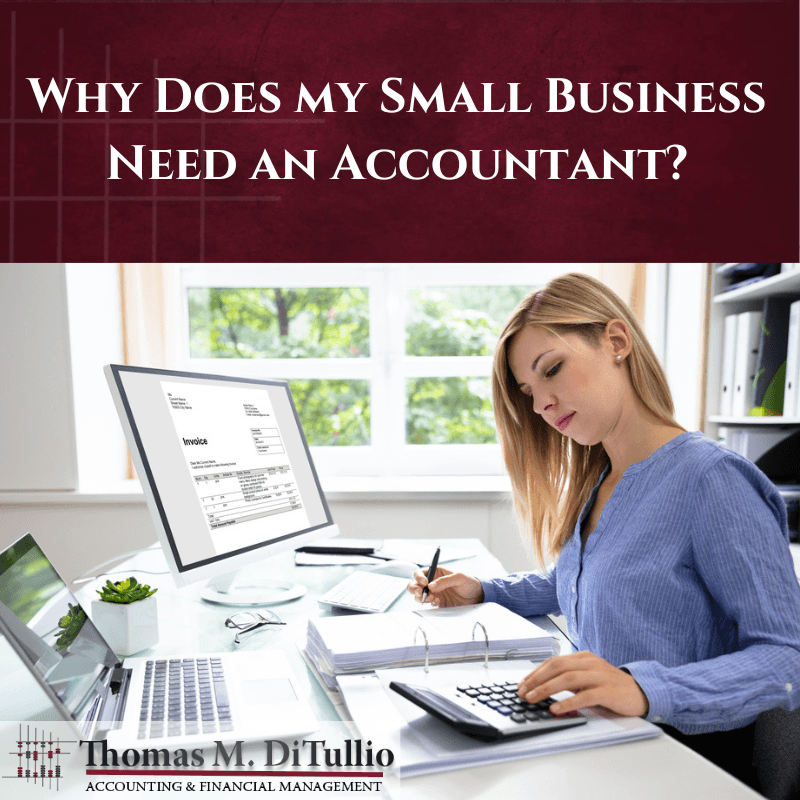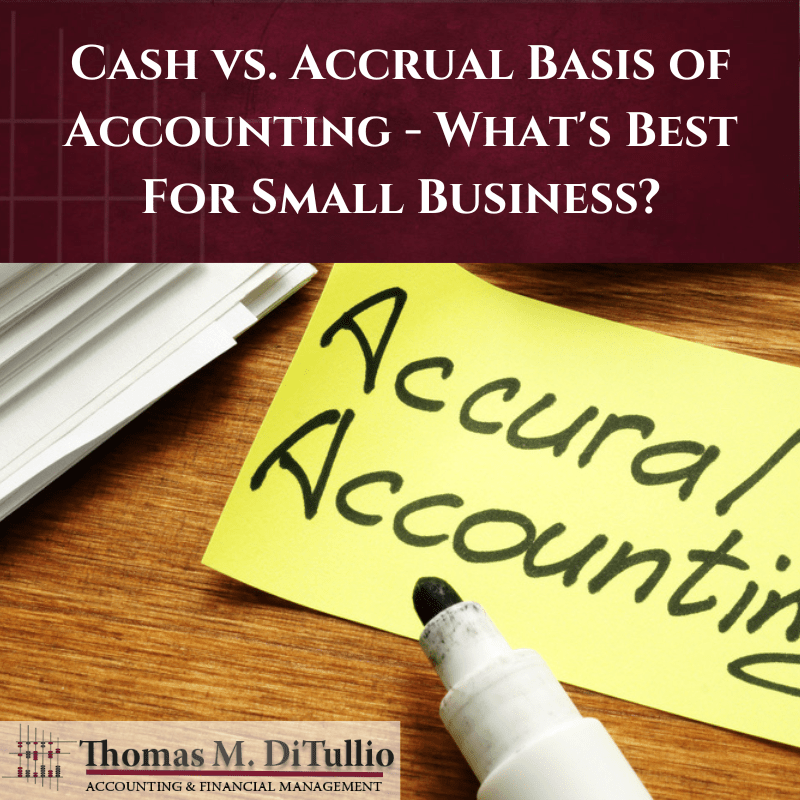Understanding Your Small Business’s Financial Statements
Your business’s financial statements can be a key tool for managing your business. However, many businesses are confused by financial statements and don’t know what they mean or how they can be used. Here is some information from the professionals at TMD Accounting about your financial statements and how they can be used.
What Financial Statements Include
A financial statement tells you where your business money is, including its origin, how it was spent, and the current financial standing of your company. You can see this information by using the three primary types of financial statements, including your income statement, balance sheet, and cash flow statement.
These documents give you the following information:
- The assets you currently have
- Your business’s liabilities
- The value of your ownership
- Total sales/gross revenues
- Losses and expenses
- Net income
- Cash flow, including the sources of money and how it has been used
- Cash on hand at the start and end of a period
All of these types of information are crucial for your business so that you can make better decisions. Financial statements are an important component of running a financially stable and profitable business.
Why Financial Statements Are Important
Your financial statements will provide you with your business’s operational results, its current cash flow, and its current financial standing. They are important for all of the following reasons:
- Documenting your business’s financial activities
- Summarizing important accounting information about your business
- Providing stakeholders with an accurate picture of your company’s financial situation
Lenders use financial statements to assess your level of risk when determining whether to extend credit to your business. They also include information that might be required under accounting standards and the law and contain the data that you need to complete your business tax returns.
What Is In Each Type of Statement?
You can analyze how your company is performing by using your financial statements.
The income statement will include information about your business’s total revenues, the cost of the goods or services sold, and other costs during a set period. It will then provide information about your company’s net income or a net loss.
Your balance sheet will provide data about your total assets, liabilities, and equity.
Your cash flow statement gives you information about your company’s financing, operations, inflows and outflows, and long-term debt.
How to Use Your Financial Statements
When you receive your financial statements, take a look at your income statement and treat it as a report card for your business. This might also be called a profit-and-loss statement and tells you how your business is doing over time. In the income statement, you can see the expenses your company has incurred and the revenue it has generated during the relevant period.
Income Statement
Your income statement can be used to gain an understanding of your business’s profitability and the steps that you can take to increase its profits. For example, you might see that you should cut back on some unnecessary expenses or focus on more profitable products or services. If you are searching for funding, investors will want to see your income statement to assess your degree of risk when deciding whether to give your company credit or venture capital.
However, your income statement won’t reveal the overall strength or weakness of your financial condition, show a list of your assets and liabilities, or show how money is flowing in ad out of your business.
Balance Sheet
Your balance sheet lets you see how strong or weak your business’s current financial condition is. Many investors typically begin by reviewing a business’s balance sheet to get an understanding of its financial condition. Your balance sheet includes key information on a specific date rather than your business’s profitability over a set period. It helps to show your business’s stability and how much liquidity it has. A balance sheet will include a list of your business assets, its liabilities, and the equity you have in it. The information included in a balance sheet can help show your business’s net value, your debt, how well your assets are being managed, and whether you are easily able to convert assets into cash when necessary. You can also see changes in your equity, earnings, inventory, and accounts payable and receivable by comparing information from your balance sheets.
Cash Flow Statements
You can use your cash flow statement to determine whether you have enough money coming in to sustain your business operations. Even if your business is profitable, it can still fail if you have cash going out of your business faster than it’s coming in. Reviewing your cash flow statement can help you to better manage where your money is going to increase your business’s chance of success.
Investors want to see cash flow statements to see evidence you can manage your business’s cash and have the resources to handle times when gaps in the in-flow of cash occur.
Find an Accountant for My Small Business
TMD Accounting offers small business accounting services and can help you set up and understand your business’s financial statements. Working with our experienced South Jersey accounting professionals might help to improve your business’s profitability by identifying areas that need work. To learn more, schedule a consultation by calling us at 1-856-228-2205.


